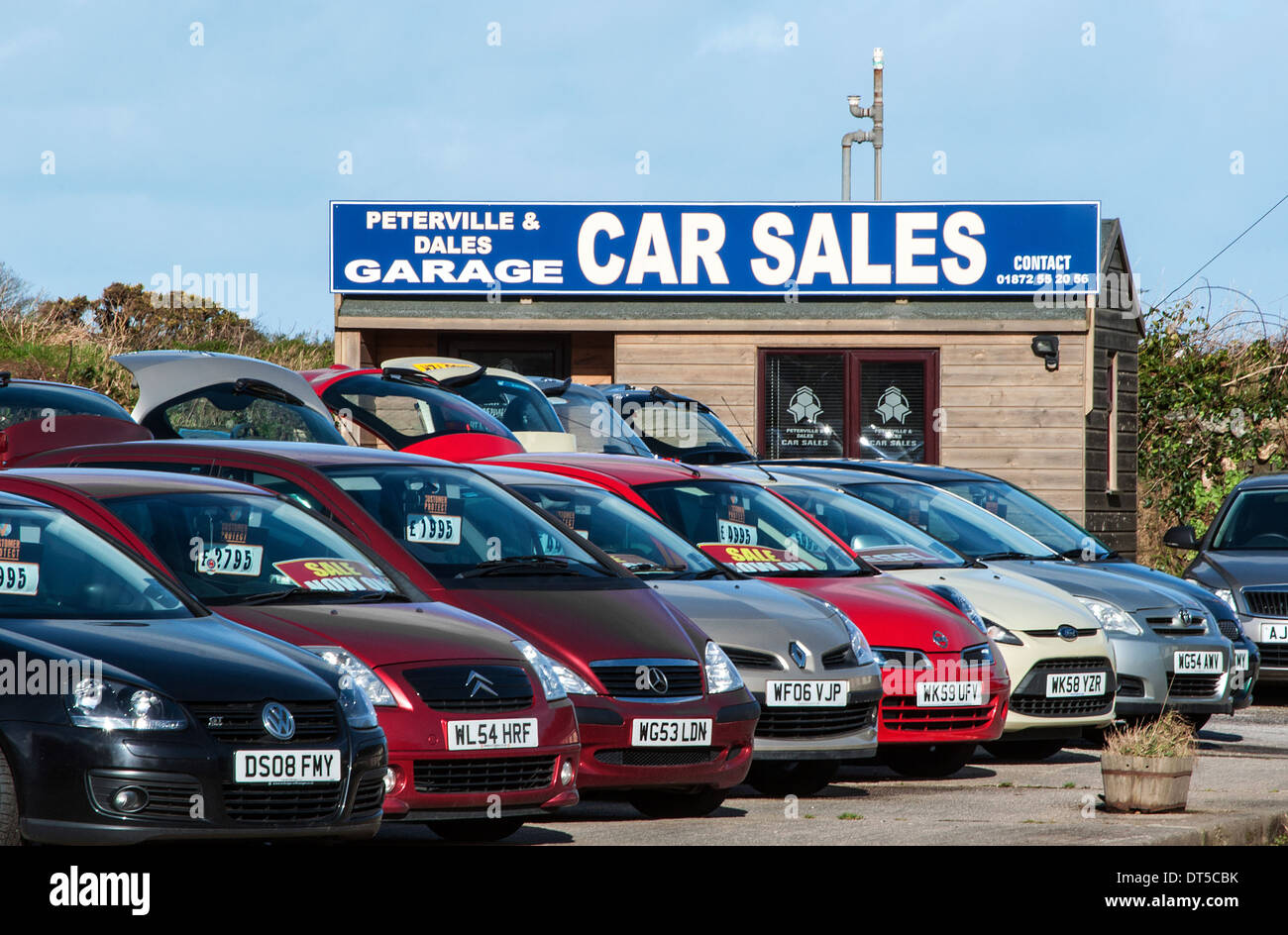As for buying a used car, exploring the vast market can seem overwhelming, especially for those who are inexperienced. With so many options available and various factors to consider, knowing how to evaluate a vehicle's condition is essential to ensure you make a wise investment. Whether you are looking for a reliable sedan, a spacious SUV for your family, or even a luxury car that fits your budget, understanding what to check before finalizing your purchase will allow you to make informed decisions.
This beginner's guide will walk you through the key steps to assess a used car's condition effectively. From understanding the differences between certified pre-owned vehicles and traditional used cars to recognizing the best times of year to buy, we will cover everything you need to know to avoid getting ripped off. With practical tips on inspecting the vehicle, insights into common maintenance concerns, and industry trends, you'll be well-equipped to find a used car that meets your needs and offers excellent value for your investment.
Crucial Elements to Consider When Buying a Pre-owned Car
As you considering a second-hand car, the first factor to evaluate is the vehicle's history. Ask for a report that contains data about previous accidents, repair histories, and registration information. This allows you to gain understanding into how well the car has been cared for and whether it has had any major issues. A clean record can provide confidence and help you avoid potential troubles.
Next, thoroughly check the vehicle both outside and internally. Search for signs of wear and tear, rust, or any engineering damage. Pay attention to the engine and tires, as these can show how well the car has been looked after. In addition, take the time for a test drive to assess the car's capabilities, handling, and inside experience. This experiential interaction can reveal concerns that may not be apparent in a simple visual evaluation.
In conclusion, think about the overall environment for used cars. Grasping current price movements is essential to prevent excessive costs. Research comparable models to get a feeling of market price and be cognizant of any future sales or promotions. Being aware of the best time of year to buy can also result in better deals. By combining these considerations, you can make a better judgment and feel assured in your used car purchase.
Best Tips for Pre-owned Vehicles
When searching for a trustworthy pre-owned car, the Toyota Sedan frequently places at the top on the list. Recognized for its durability and dependability, the Camry offers a comfortable ride with excellent fuel efficiency. Its spacious interior and excellent safety ratings make it a preferred choice for families and commuters as well. With different model years available, finding a well-maintained used Camry can provide outstanding value for your investment.
Another fantastic option is the Civic, a compact car that combines design with utility. The Civic is praised for its agile handling and economic engines, delivering a thrilling yet cost-effective driving experience. Available in various body styles – including four-door, compact and five-door – the Civic addresses a wide range of preferences. Its standing for trustworthiness and good resale value also enhances its appeal in the pre-owned car market.
For those in need of a flexible vehicle, the Ford SUV is a preferred pick among used SUVs. The Escape provides a roomy interior, sufficient cargo space, and a selection of engine options, including eco-friendly hybrids. Its comparatively low price point compared to brand-new models makes it an attractive choice for buyers seeking to balance practicality and finances. With robust safety features and good reviews from owners, the Ford Escape is a sound choice for families and outdoor enthusiasts.
Financing and Care Tips for Used Cars
When considering financing a pre-owned vehicle, it's essential to assess your credit score and review various loan options. Many lenders specialize in financing for pre-owned cars, even for buyers with bad credit. Always compare offers for the best interest rates and loan terms, and consider getting pre-approval to get a clear picture of your financial situation better. Additionally, be aware of the overall ownership costs, including insurance and fees, as these can greatly impact your finances.
Regular maintenance is vital for keeping your pre-owned car in excellent condition. Establish view it now for regular check-ups and servicing, such as oil replacements, brake checks, and tire rotations. Understanding the service record of your used car can help you predicting future maintenance needs. It's also wise to familiarize yourself with the car maker's recommended service intervals to guarantee your car operates efficiently for a long time.
Finally, think about buying an extra warranty for extra peace of mind, especially if the car is coming with minimal to no manufacturer warranty coverage. Research the best options available and their coverage specifics, as they can differ significantly. This additional protection can help you save money on unexpected repairs and enhance the lifespan of your used car, ultimately enhancing your driving experience.

